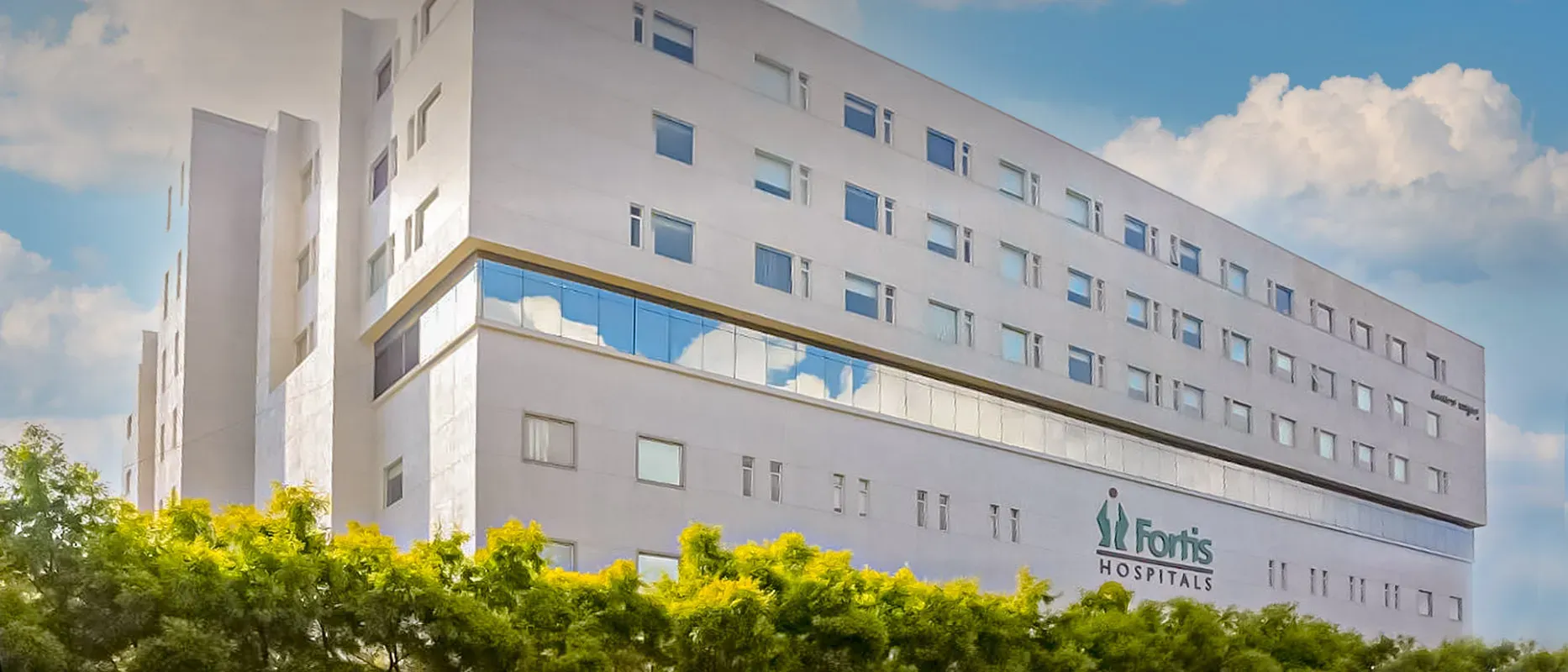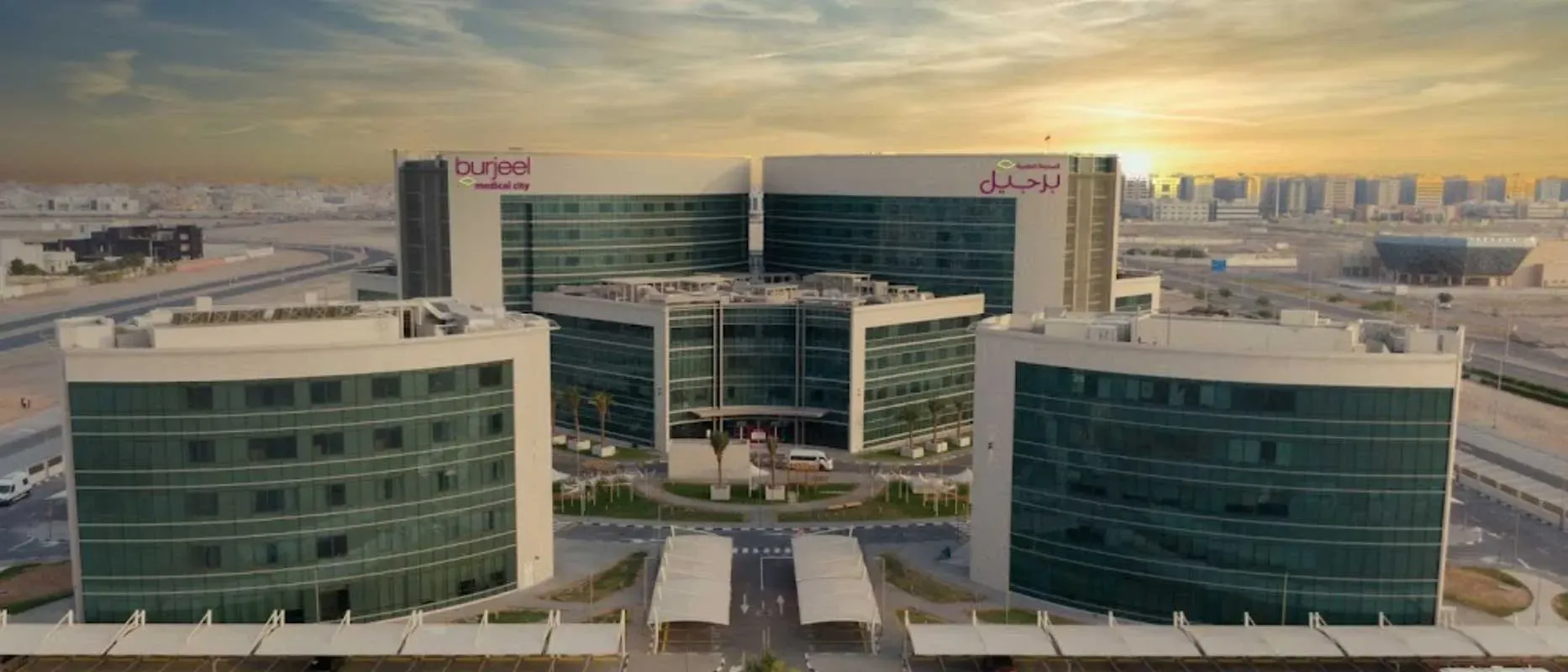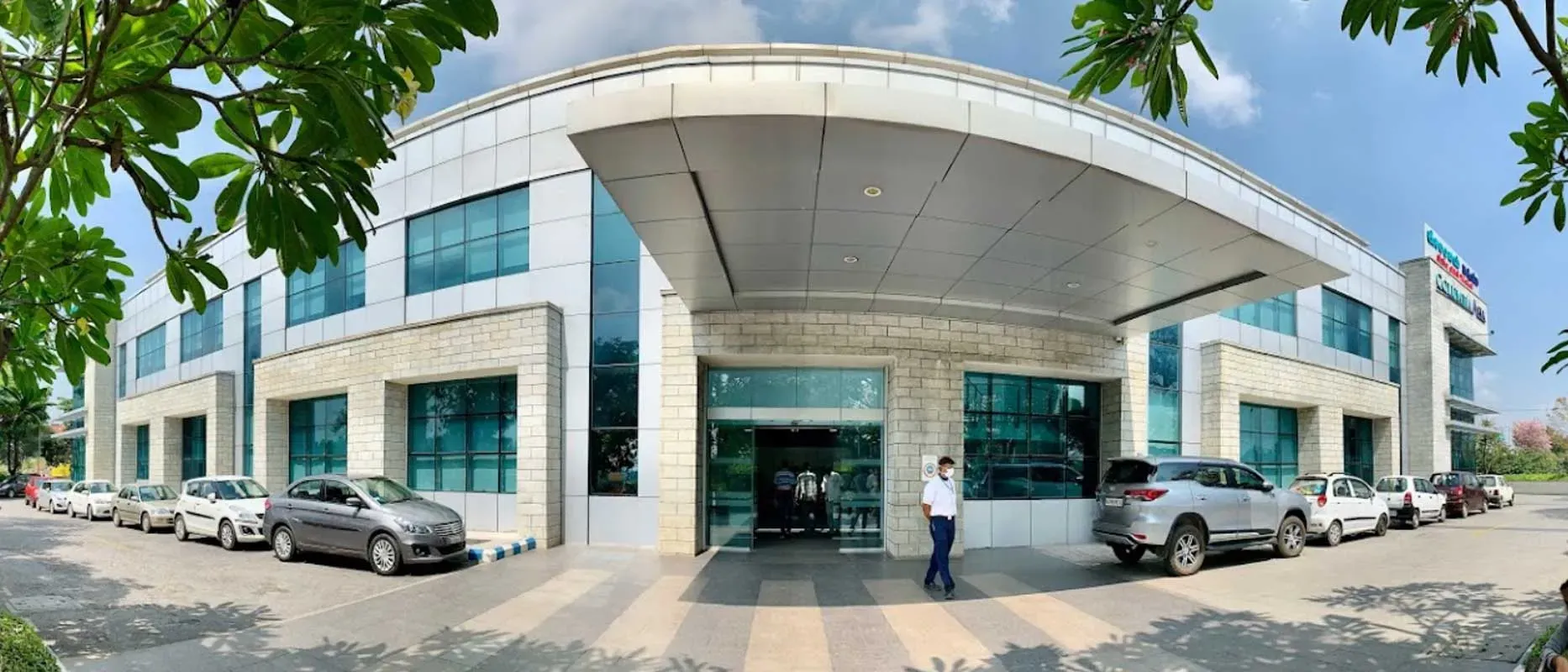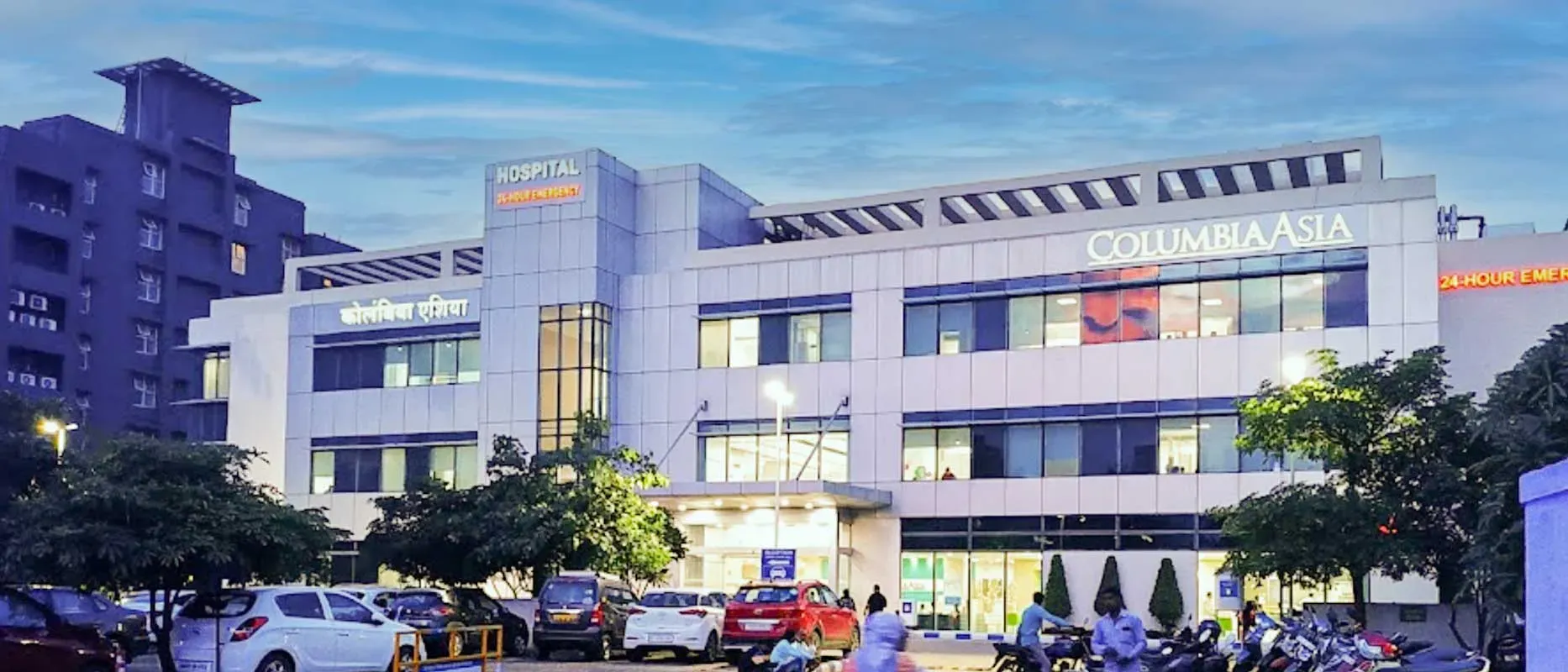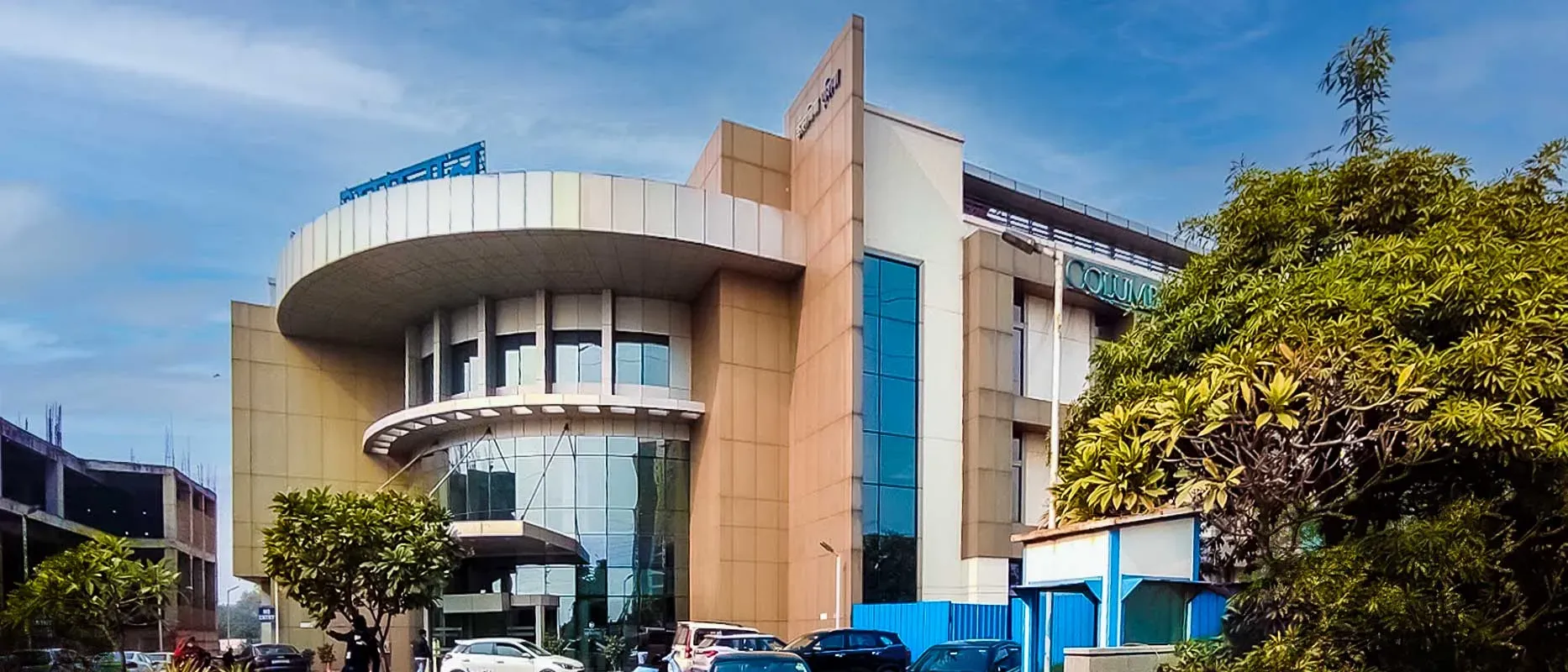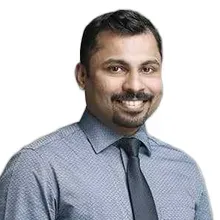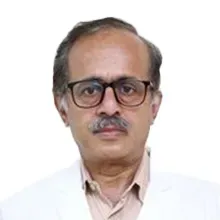Overview of Urology Transurethral Resection Of Prostate Treatment India
Transurethral resection of the prostate (TURP) is a surgical procedure that is performed to resolve the problems related to the urination process which may occur due to the enlargement of the prostate. The prostate gland is the structure present in males just below the penis. When the problems of urination do not respond to the treatment of medications, a surgical procedure of transurethral resection of the prostate (TURP) is performed. TURP procedure is also performed to reduce the chances of complications related to blocked flow of urine. TURP is an effective treatment to treat the conditions related to enlarged prostate but some other surgical treatments are minimally invasive procedures and can also cure the disease. The minimally invasive procedures have the advantage of speedy recovery with fewer chances of surgical complications such as bleeding, infection, and poor wound healing. Some of the risks can occur during or after the procedure of transurethral resection of the prostate. For this reason, some medications and techniques are used to prevent the risks related to the surgical procedure. Transurethral resection of the prostate is almost always successful in relieving the urinary symptoms and may not require other treatment interventions.
Types of Urology Transurethral Resection Of Prostate Treatment India
Some of the types of procedures of Transurethral Resection of the prostate are described below:
- Standard TURP (Transurethral Resection of the Prostate)
- Bipolar TURP (Transurethral Resection of the Prostate)
- Laser TURP (Transurethral Resection of the Prostate)
Standard TURP (Transurethral Resection of the Prostate)
Standard TURP is the traditional method of performing the procedure of transurethral resection of the prostate. In this surgical method, an electrified wire loop is used to remove enlarged tissues of the prostate gland. It is effective in relieving urinary symptoms. Standard TURP usually requires a longer period for complete recovery and has more chances of complications after surgery.
Bipolar TURP
Bipolar TURP is another type of Transurethral resection of the prostate procedure. In this surgical procedure, bipolar electric current technology is used to cut the enlarged prostate instead of using a single electrified wire loop. Bipolar TURP has the advantage of less chances of bleeding and shorter recovery time as compared to standard TURP.
Laser TURP
In Laser TURP, laser energy is used to destroy the enlarged tissue of the prostate gland which is causing the urinary symptoms. It is considered minimally invasive and has quicker recovery times and fewer chances of postoperative complications. In this procedure, some specific types of laser are used to perform the procedure of TURP.
The procedure of Transurethral Resection of the prostate (TURP)
The overview of the TURP procedure is described in the steps below:
Anesthesia: The anesthesia is given before the surgery to make the patient unconscious to reduce the effect of irritation and pain during the surgery.
Insertion of Cystoscope: A cystoscope is a thin, flexible tube with a camera that is inserted into the urethra and then guided into the bladder. This process is done to inspect the bladder and prostate gland.
Tissue Resection: A specialized instrument is used for tissue resection and it consists of a wire loop or laser fiber. This wire loop is passed through the cystoscope to remove the enlarged prostate tissue.
Irrigation: During the procedure, a fluid is used that is continuously circulated into the bladder to wash away the resected tissue. It is important to provide a clear view for the surgeon.
Removal of Resected Tissue: Once the procedure is complete, the specialized instrument is removed along with any resected tissue present in the bladder.
Catheter Placement: A urinary catheter is inserted at the end of the surgery that helps to drain the urine after surgery. It allows the resected area to heal properly.
Recovery: Every patient has a unique recovery period and may need some support and care during the procedure. Some medications are used to reduce the chances of post-operative complications.
Cost of Transurethral resection of the prostate (TURP) in India
The cost of transurethral resection of the prostate in India ranges from 650 USD to 1100 USD. The cost can differ in some hospitals due to the facilities and protocol. The cost can also be different for patients with more complex diseases.
| Treatment Costs in India |
Min in USD |
Max in USD |
| Transurethral Resection of the Prostate (TURP) |
620 USD |
1020 USD |
Symptoms and Risk factors
Some of the conditions that can be treated with the surgical procedure of TURP are as follows:
- Benign Prostatic Hyperplasia (BPH)
- Symptoms of Lower Urinary Tract
- Urinary Retention
- Prostate Enlargement
- Prostate Obstruction
- Blood present in urine
- Recurrent Urinary Tract Infections
- Prostate-Related Bladder Stones
- Prostate-Related Kidney Damage
- Chronic Prostatitis
- Urethral Stricture
- Difficulty in Urination
- Weak Urine Stream
- Incomplete Emptying of the Bladder
- Frequent Urination
- Frequent Nighttime Urination
- Prostate-Related Urinary Incontinence
Risk Factors of Transurethral resection of the prostate (TURP)
Some of the risk factors of transurethral resection of the prostate are described below:
Bleeding
TURP can cause the complication of bleeding during or after the procedure. In some cases, blood transfusion treatment is required to manage the disease.
Infection
There is a risk of urinary tract infection after the procedure of transurethral resection of the prostate. Treatment of medications may be required to manage the risk.
Erectile Dysfunction
In some cases, the transurethral resection of the prostate may lead to the development of erectile dysfunction in men which can further create problems with fertility.
Retrograde Ejaculation
A major type of complication after prostate surgery is the abnormality of the release of semen. TURP can cause semen to flow backward into the bladder instead of out through the urethra during ejaculation.
Urinary Incontinence
Some patients experience the symptoms of urinary incontinence which affect the quality of life of the patient.
Stricture
There is also a risk of narrowing of the urethra due to scarring after the procedure of Transurethral Resection of the Prostate.
Bladder Neck Contracture
Scar tissue can form at the neck of the urinary bladder which can further cause the complication of difficulty during the process of urination.
Fluid Imbalance
There is a risk of fluid imbalance after the surgical procedure.
Residual Tissue
Sometimes due to incomplete removal of prostate tissue, the urinary symptoms reappear which may require revision surgery.
Irritative Symptoms
Some men may experience irritative symptoms such as urgency and increased frequency of urination after the procedure.
Transurethral Syndrome
In rare cases, the level of sodium in the blood decreases due to excess absorption of irrigation fluid which is a condition known as transurethral syndrome.
Top Hospitals for TURP (Transurethral Resection of the Prostate) in India
Shaping the future of the healthcare institution and establishing the path to accomplishment.
Top Doctors for TURP (Transurethral Resection of the Prostate) in India
Empower your Health with the Expertise of Leading Medical Professionals.
Treatment Costs for TURP (Transurethral Resection of the Prostate)
Be the change and be an opportunist in transforming healthcare.
How it's Works
Guiding your Journey from Discovery to Treatment Planning and Beyond.
Discovery
Get a consultation to discover about your treatment
Pre-Treatment
Admission to the best hospital and all pre-treatment facilities
Post Treatment
Get post-treatment follow-up care with medicine fulfillment
Treatment Planning
Hassle-free treatment planning with package & cost estimations
in-treatment
world-class quality procedures and equipment for treatment












